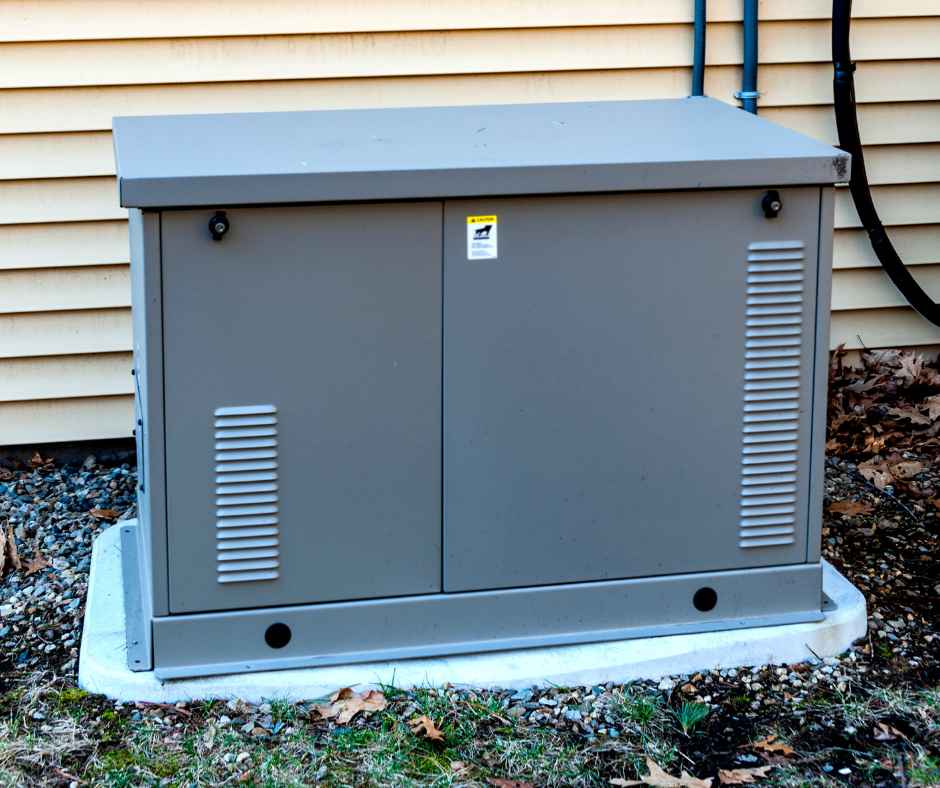& Nassau County
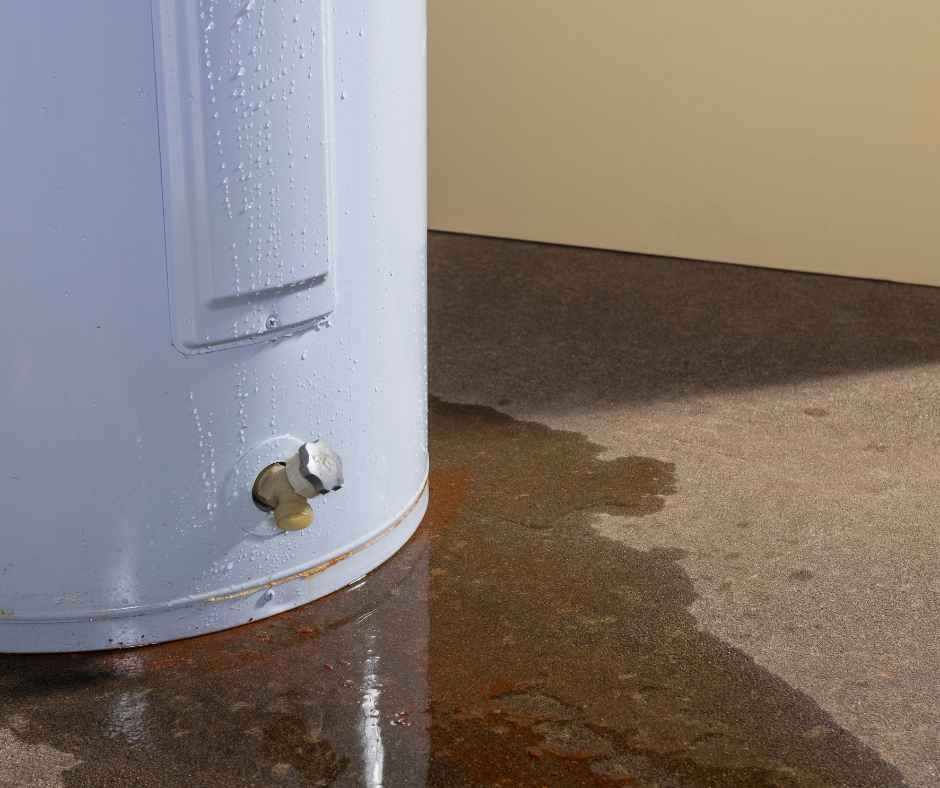
Is a Leaking Water Heater Dangerous?
February 14, 2025
A leaking water heater might seem like a minor issue, but it can pose significant risks to your home and safety. Whether it’s a hot water heater leaking from the bottom or a small drip from a connection, addressing the problem promptly is crucial. In this blog, we’ll explore why a leaking water heater is dangerous, common causes of leaks, and how to prevent them.
Why Is a Leaking Water Heater Dangerous?
The short answer is yes, a leaking water heater can be dangerous. While it might start as an inconvenience, over time, the risks can escalate.
Water Damage
When water escapes from your tank or connections, it can seep into surrounding areas. Prolonged exposure can damage floors, walls, and even structural elements of your home. For example, a hot water tank leaking in your basement can lead to mold growth, which is hazardous to your health.
Electrical Hazards
If water from the leak comes into contact with electrical wiring or components, it can create a serious safety hazard, increasing the risk of electric shock or fire. This is especially critical if your water heater leaking from the bottom is located near outlets or appliances.
Increased Pressure Risks
Leaks can signal underlying issues, such as excessive pressure inside the tank. If left unaddressed, the pressure could build to dangerous levels, potentially leading to a burst tank or other catastrophic failures.
Wasted Energy and Higher Bills
A hot water heater leaking causes your appliance to work harder to maintain temperature, which leads to higher utility bills and a reduced lifespan for your water heater.
Common Causes of a Water Heater Leak
Understanding what causes a water heater leak is the first step toward preventing and fixing the problem.
Corrosion
Over time, minerals in water can corrode the tank’s interior. This corrosion can create weak spots, leading to a water heater leaking from the bottom or sides.
Faulty Temperature and Pressure (T&P) Relief Valve
The T&P valve is a critical safety component that prevents the tank from over-pressurizing. If it malfunctions or becomes clogged, it can cause a hot water heater leaking at the valve or base.
Loose Connections
Water supply lines and fittings can loosen over time due to vibrations or temperature fluctuations. This is a common cause of a hot water heater leaking from the bottom or top.
Damaged Drain Valve
The drain valve, located near the bottom of the tank, is used for maintenance purposes. If it’s not sealed correctly or becomes damaged, it can result in a hot water tank leaking.
Cracked Tank
As your water heater ages, the constant expansion and contraction from heating cycles can weaken the tank. A crack is a severe issue that almost always leads to a water heater leaking.
How to Address a Leaking Water Heater
If you notice signs of a leaking water heater, it’s important to act quickly.
Turn Off the Water Supply
Find the shutoff valve on the cold water line feeding the tank and turn it off. This will stop additional water from entering the tank and minimize the leak.
Shut Off Power or Gas
For safety, disconnect the power supply to the water heater. If it’s an electric model, turn off the breaker; if it’s gas-powered, locate and turn off the gas valve.
Drain the Tank
If your water heater leaking from the bottom is severe, draining the tank can help prevent further water damage. Attach a garden hose to the drain valve and direct it to a safe location.
Inspect the Damage
Determine where the leak is coming from. A small issue like a loose connection may be fixable on your own, but a more complex issue, like a water heater leak caused by corrosion or a cracked tank, will require professional assistance.
Call a Professional
For severe leaks or uncertain causes, it’s best to contact a professional for water heater repair. They’ll diagnose the problem and recommend a solution, whether it’s a repair or a replacement.
Preventing Water Heater Leaks
Routine water heater maintenance is the best way to avoid leaks and extend the lifespan of your appliance.
Flush the Tank Annually
Over time, sediment builds up at the bottom of the tank, which can lead to corrosion. Flushing the tank removes this sediment and helps prevent a water heater leaking from the bottom.
Inspect the Anode Rod
The anode rod is designed to attract corrosive elements in the water, protecting the tank. Replacing it when it becomes heavily corroded can prevent a leaking water heater due to internal rust.
Check the T&P Valve
Regularly test and inspect the T&P valve to ensure it’s functioning correctly. This small step can prevent a hot water heater leaking from the bottom or sides.
Schedule Professional Maintenance
Annual professional inspections can identify and address potential issues before they escalate into costly leaks or damage.
When to Replace Your Water Heater
If your water heater leaking issue is severe, or your unit is nearing the end of its lifespan (typically 8-12 years), replacing it may be the best solution. Newer models are more energy-efficient, reducing your utility bills and the likelihood of future leaks.
Trust NH Ross for Water Heater Repair and Maintenance
A leaking water heater is not only inconvenient but also potentially dangerous. Whether it’s a minor water heater leak or a significant issue like a hot water heater leaking from the bottom, addressing the problem quickly is essential for safety and efficiency.
At NH Ross, we specialize in reliable water heater repair and thorough water heater maintenance services on Long Island. Don’t let a hot water tank leaking disrupt your home—contact NH Ross today and let our team of professionals restore your water heater to optimal performance.
Recent News
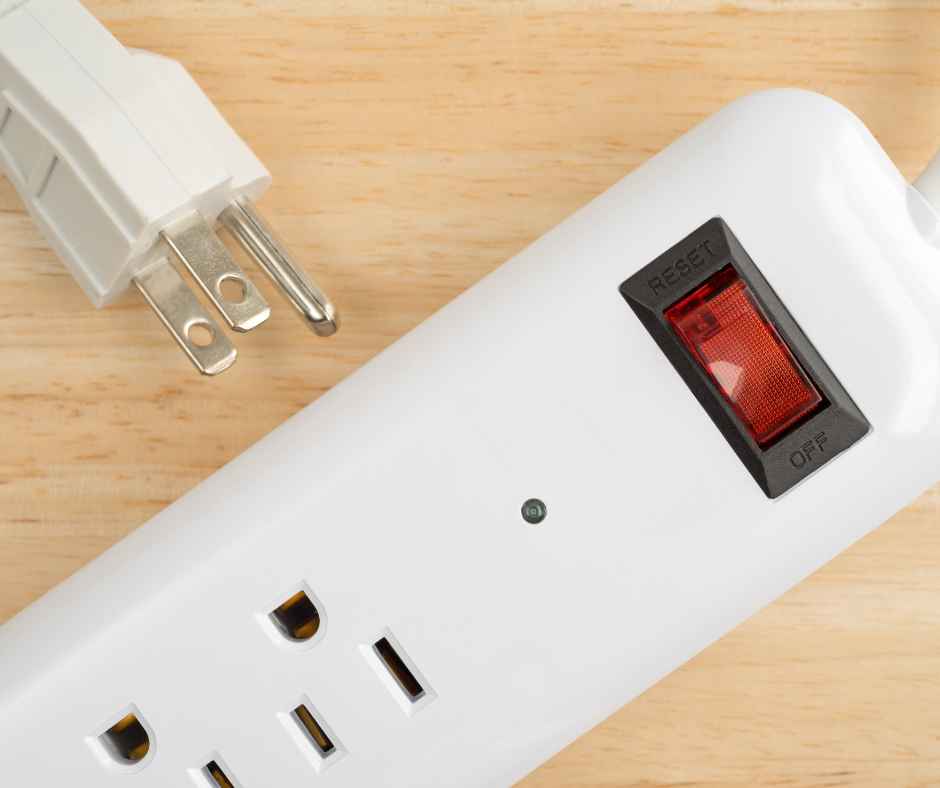
What Is a Power Surge?
March 11, 2025

Bright Ideas: Electrical Safety Tips for a Safe Holiday Season
December 10, 2024
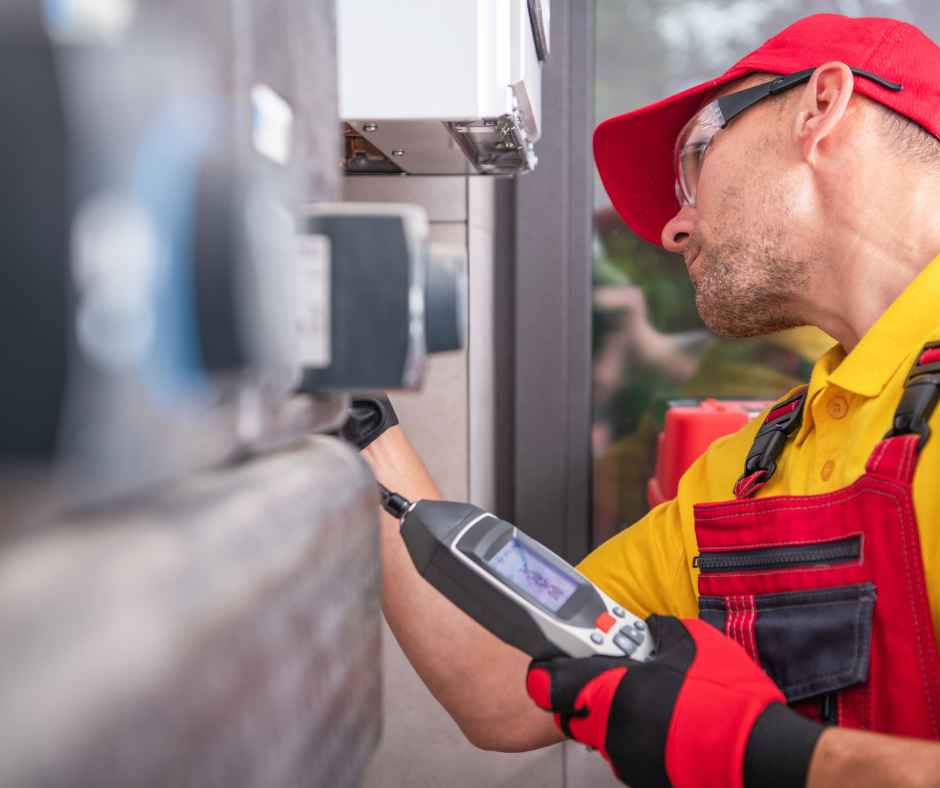
What Does a Gas Leak Smell Like?
December 9, 2024
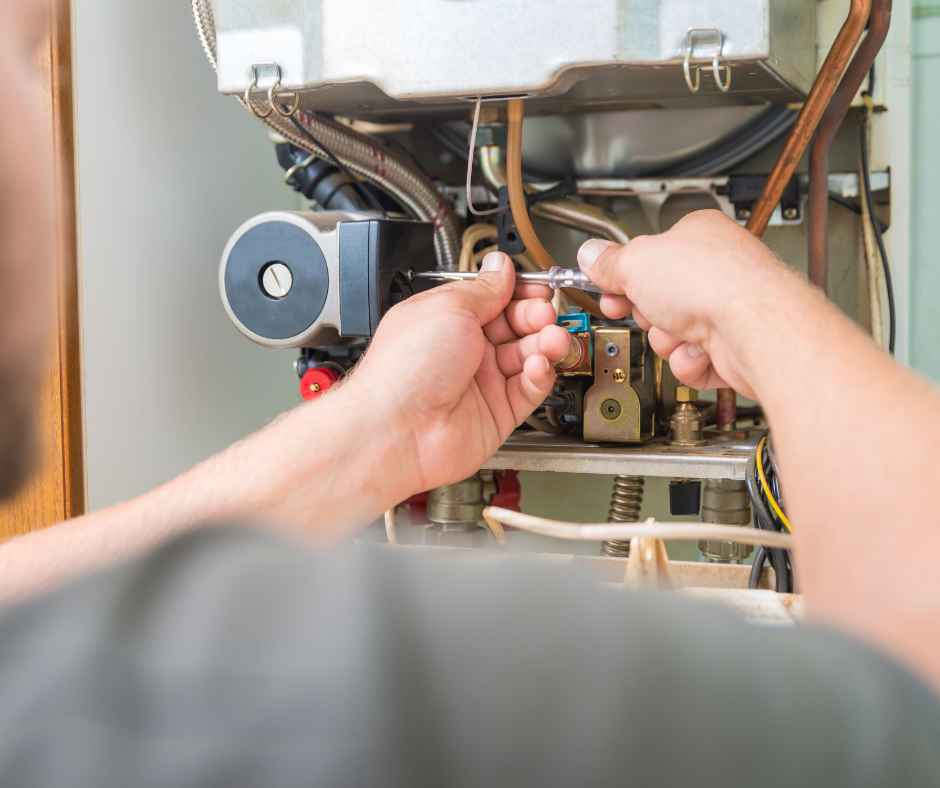
Cut Energy Costs This Holiday Season With These 5 Tips
December 3, 2024
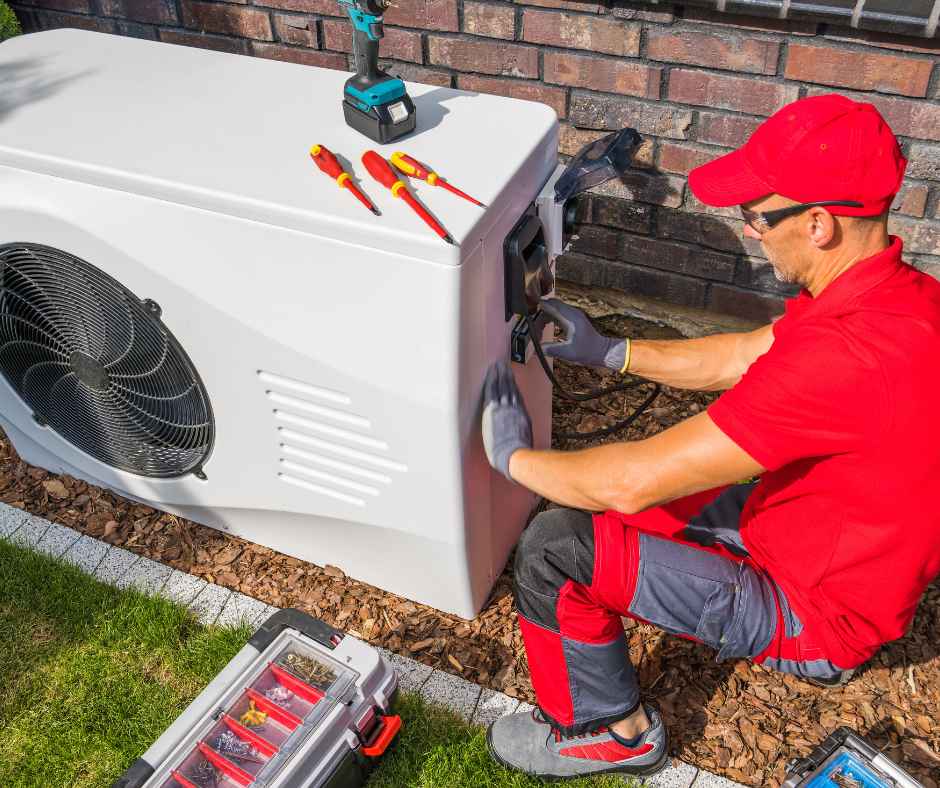
Why Heating Maintenance is a Must Before the First Frost
November 22, 2024
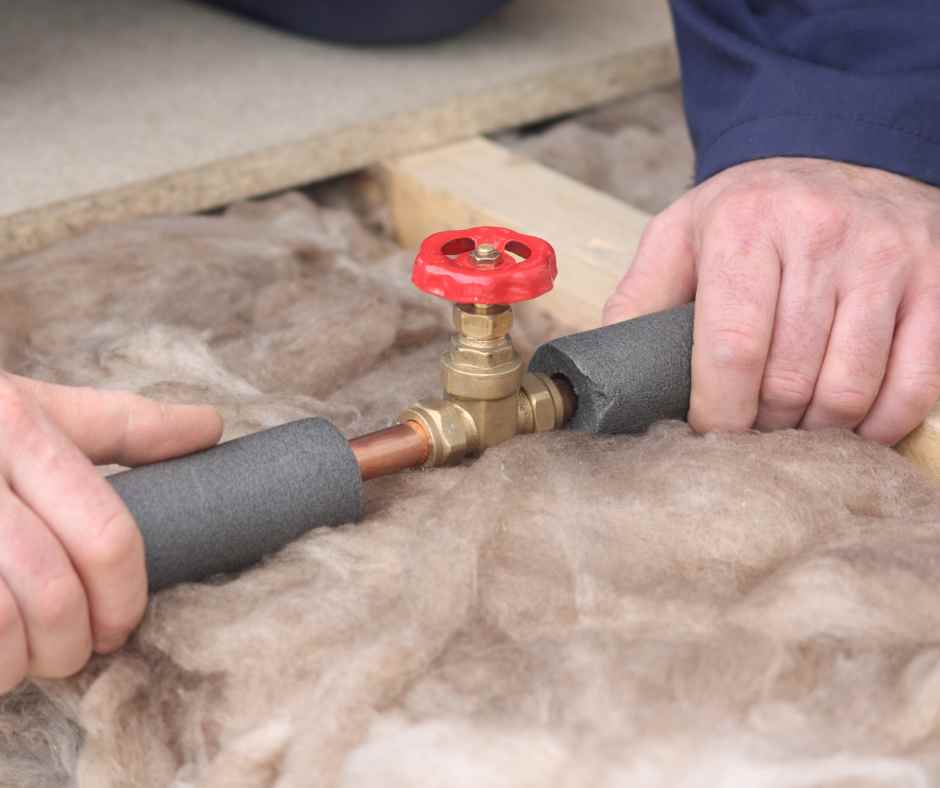
Is Your Plumbing Ready for Winter? Essential Tips for a Cozy, Worry-Free Season
November 18, 2024
